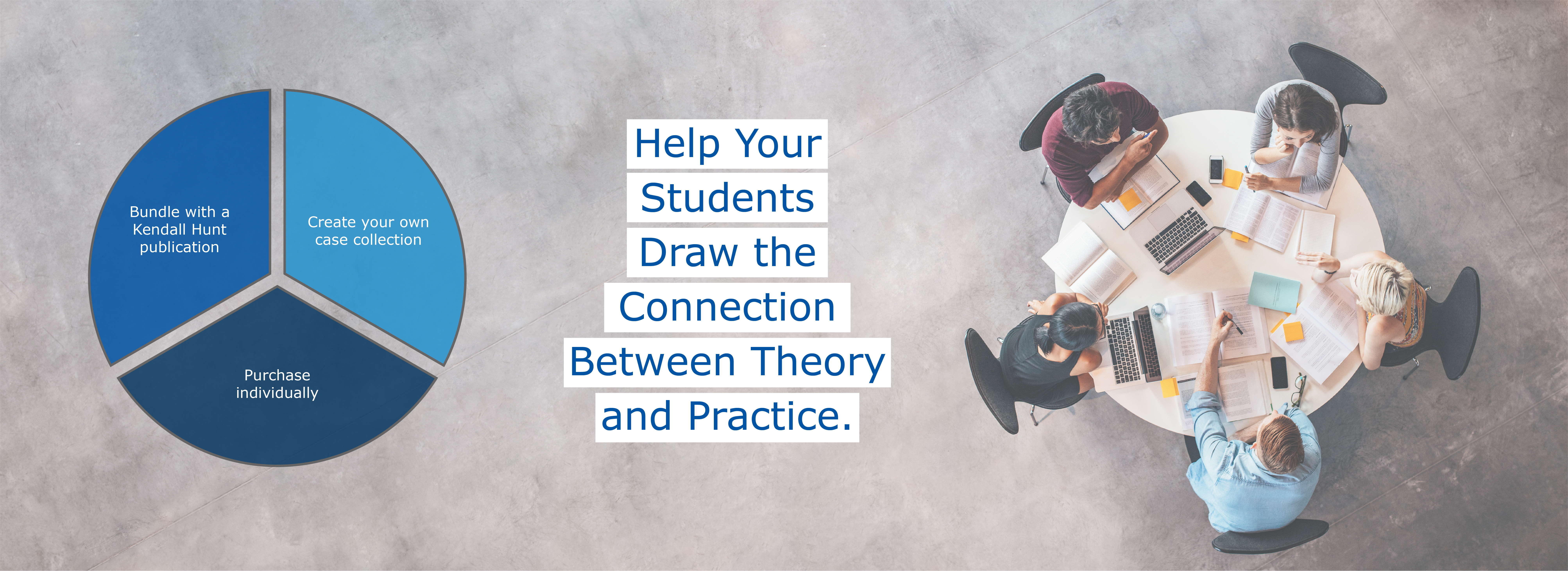
Engaging Cases. Involved Students.
Leveraging the talent and intelligence of the Mendoza College of Business’s graduate students, these cases explore ethical and communication issues that naturally interest students.

Most Case Studies Include
Ancillaries | a (B) case to extend classroom discussion | formal Teaching Note & PowePoint slides


